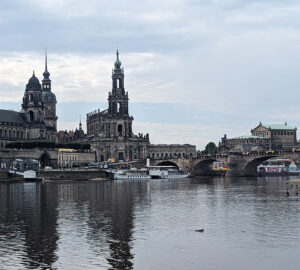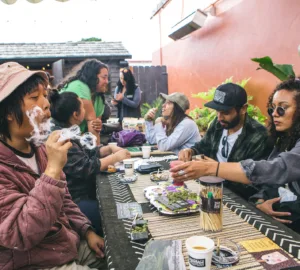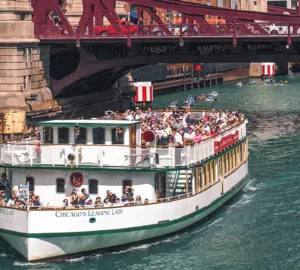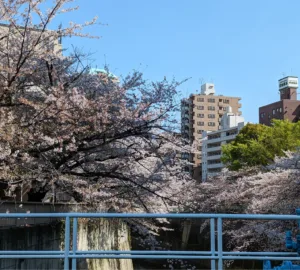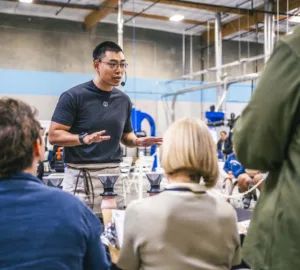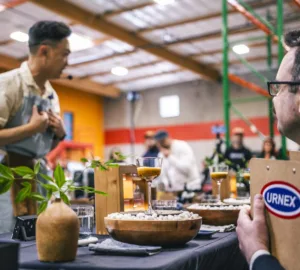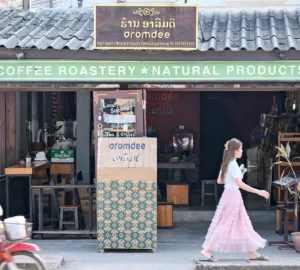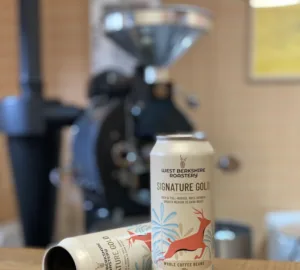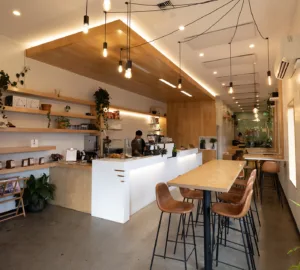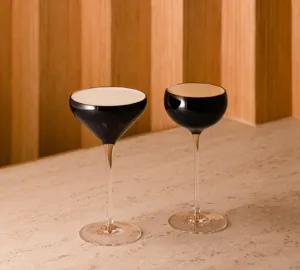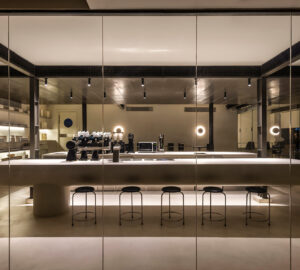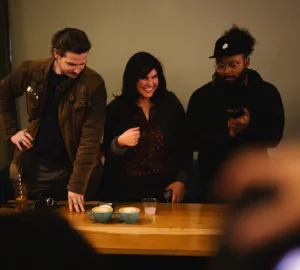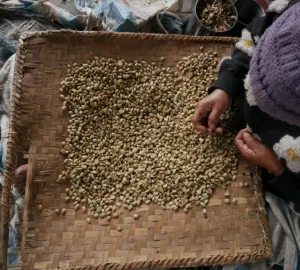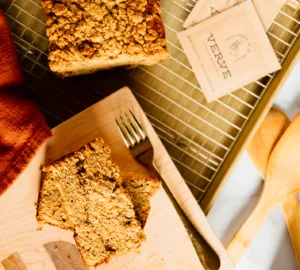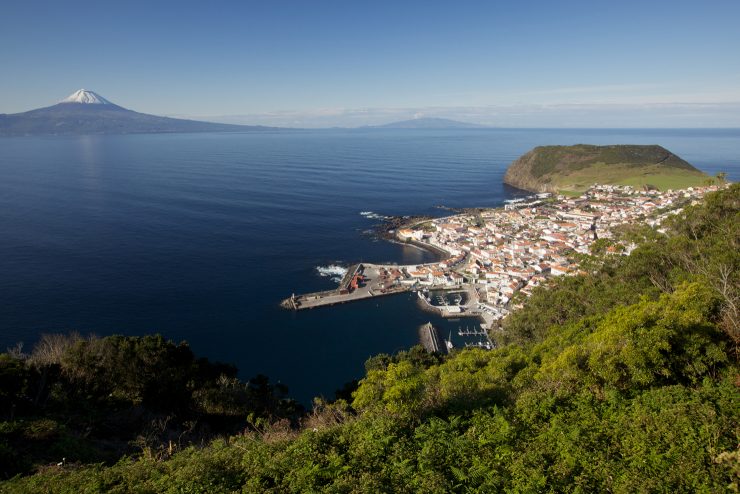
Somewhere in the middle of the nippy Atlantic Ocean, a quick little four-hour flight from Boston no less, is where the subtropical volcanic islands of the Azores truly hide out. Magical, mystical green lushness, oversized volcanic craters now reimagined as lakes, steaming natural hot springs that puff out from the earth, blue hydrangeas in the thousands, and more cows than humans—well, that’s the Azores for you. Aside from belonging to Portugal for most of their modern life—minus that Spanish moment in 1580—the islands haven’t received their deserved love. Until now that is.
Aside from the nine islands that make up the archipelago, there are a few small towns with burgeoning dining scenes and some boutique hotels, hot springs, endless adventure activities (think horses, diving, kayaking) and of course one small island, São Jorge—with a marvelous coffee plantation. “The Azores has been waiting to be taken seriously as a perfect getaway destination—it has everything Europe has, but it’s just a little easier to navigate,” says Luis Nunes, whose family operates coffee farms (and a tourism company) on São Jorge. Just a quick hopper plane from the main island (where Ponta Delgado is the capital in case you’re wondering)—and you’ve arrived minutes later.
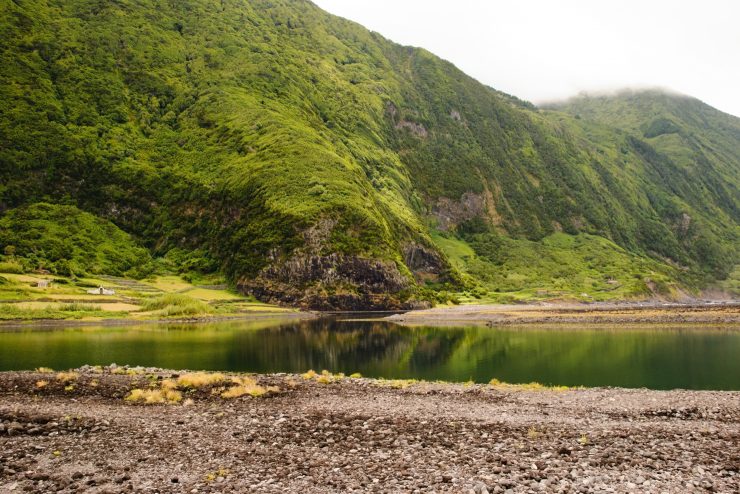
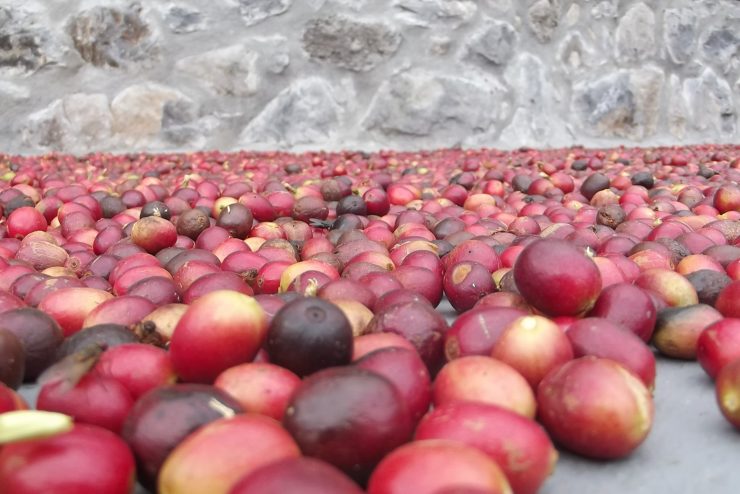
So what’s the big deal here? What makes these plantations so marvelous are the difficult to reach São Jorge fajãs. These are flat lands that are at sea level on the island and are very steep—a coffee bean’s dream haven. “These are results from the accumulation of debris, following earthquakes, or lava flows from volcanic eruptions, and their flat and fertile soils, create a very specific microclimate,” says Nunes.
“Unfortunately, there are no bibliographical references that accurately [date] the introduction of the coffee plantation in São Jorge,” says Dina Nunes, whose father Manuel is the farmer and owner of the small plantation as well as Cafe Nunes, its sister business. “However, there are some experts in the field who have likened the characteristics of the plants [Arabica coffee] to actually have come from Brazil.” Around the 17th and 18th century there was a strong emigration of Azoreans to Brazil—after the great earthquake of 1757 that shook, among other islands, the island of São Jorge.
“So in the late 18th-century transition to the 19th century possibly someone who worked on some coffee farm will have returned from Brazil to São Jorge, bringing coffee beans,” says Dina Nunes. In the ’90s, when the island had no tavern (or coffee shop for that matter), the craft shop located in the fajã brewed coffee to captivate the customers coming to buy the famous bedspreads made by the family. By 1997, they had set up a proper cafe.
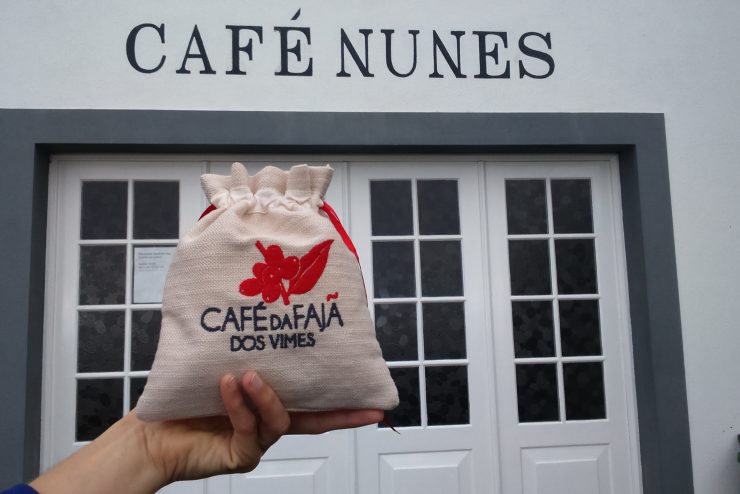
São Jorge, the only [coffee farm] in Europe, says Dina Nunes, boasts “all the fundamentals for great coffee production.” Nunes explains that the plants grow at a super-low altitude with a climate that is in fact very similar to what Brazil has: “We are below 300 meters to almost sea level, with average annual temperatures ranging from 12 degrees Celsius in winter to 25 degrees Celsius in summer, plus a relatively average air humidity,” she explains.
The Nunes family bought the land almost 40 years ago—with only a small handful of plants. Today, they have 800 coffee plants and in the last year reached a final product of around 770 pounds of beans. “We exclusively have Arabica but we are totally biological—we do not require any chemicals to fight pests since they just do not exist here,” says Dina Nunes. “And we also fertilize with the husks, leaves, and the coffee grounds.”
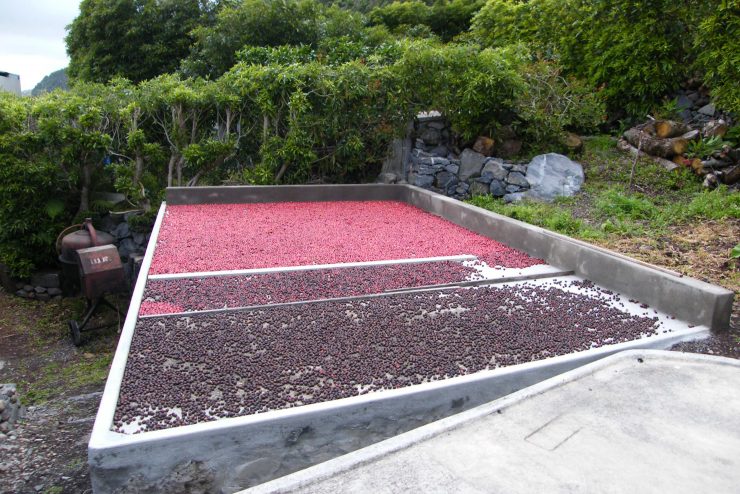
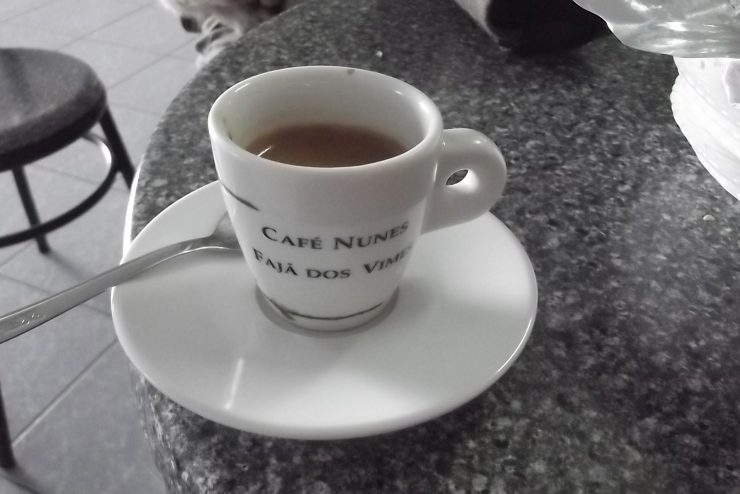
The harvest season is between May and the end of August—the beans are all picked by hand and dried on a rack for three to four weeks. Nunes’s grandmother, Elvira Nunes, at age 92, is in charge of making sure all the impurities are removed from the beans. “The roasting is done the old-fashioned way: to the fire in an iron frying pan and stirring until desired color is obtained,” smiles Dina Nunes.
But as Manuel Nunes will tell you, he’s not interested in exporting. If you love coffee and are interested in his little piece of heaven, he suggests that you need to come see it for yourself to believe it. In the summer, he serves around 200 espressos per day—and the customers are always falling in love with what he has on offer. He’s even willing to sell you a small bag of beans. But first, sit down and enjoy an espresso.
Daniel Scheffler is a Sprudge staff writer at large. His work has appeared in T Magazine, Travel And Leisure, Monocle, Playboy, New York Magazine, The New York Times, and Butt. Read more Daniel Scheffler on Sprudge.
Photos courtesy of Azores Getaways.















